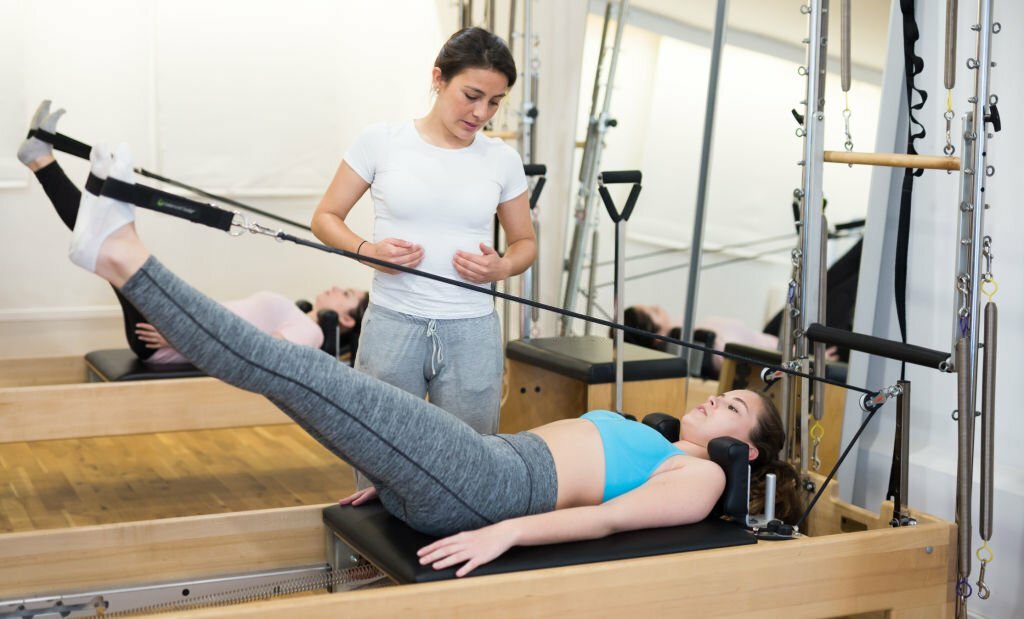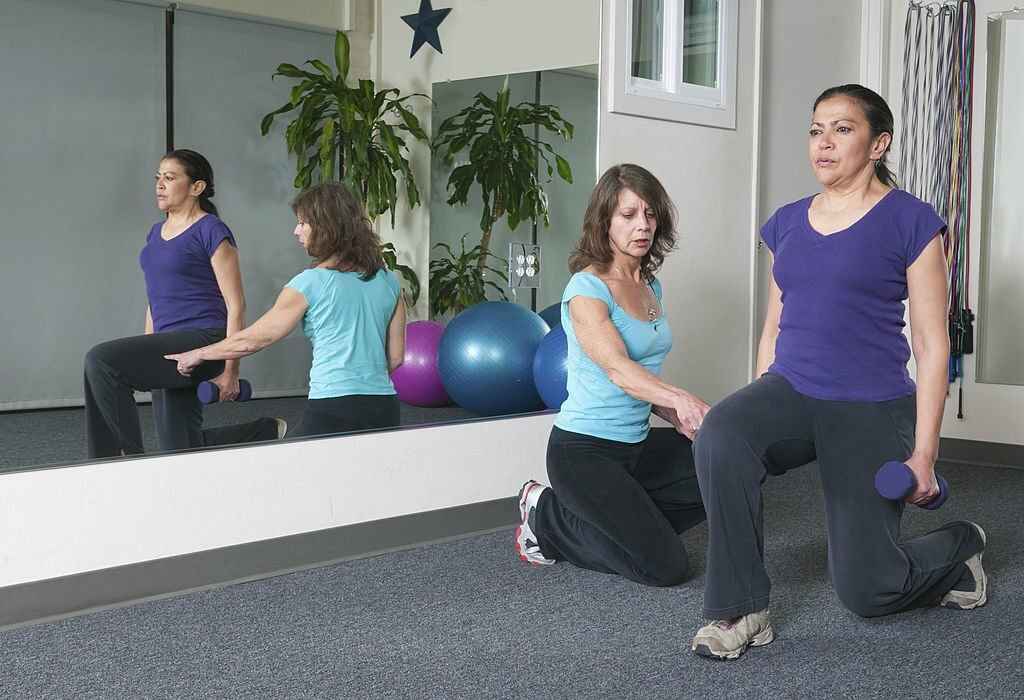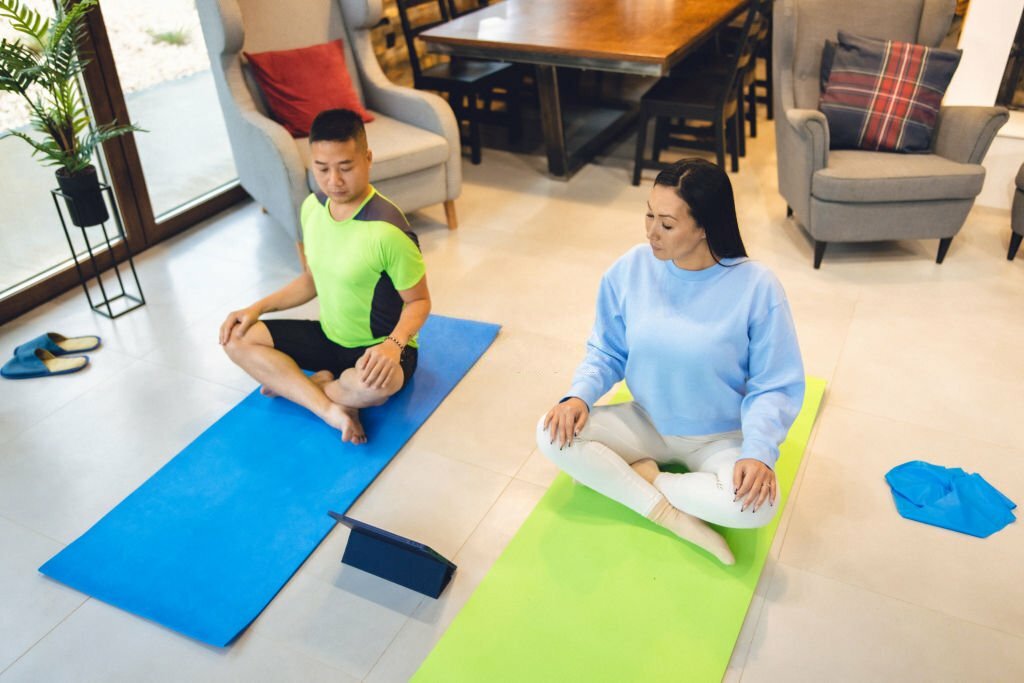Rehabilitation is a journey that involves more, than treating the symptoms of an injury or illness. It also focuses on restoring the well-being of an individual. In years there has been a shift in how rehabilitation is approached moving away from a purely medical perspective to a more comprehensive one.
Physical fitness plays a role in this approach as it contributes significantly to the recovery process. This article explores the ways physical fitness is incorporated into rehabilitation emphasizing its importance in promoting a sustainable recovery.
Understanding Holistic Rehabilitation
Holistic rehabilitation considers aspects of an individual’s health, including their mental, emotional and social well-being. Traditional rehabilitation models are used to concentrate on treatments targeted at specific symptoms.
However, the holistic approach recognizes that these different facets of health are interconnected and aims to address them for profound and long-lasting recovery.

Physical Fitness as the Foundation
Physical fitness serves as the foundation for rehabilitation. It goes beyond exercise, for health or muscle strength. In the context of rehabilitation physical fitness includes activities that improve mobility, flexibility, balance and coordination. Regaining independence after surgery, injury or managing a condition requires certain crucial elements.
Restoring Mobility and Functionality
A primary objective of fitness during rehabilitation is to help individuals affected by injury or illness regain their mobility and functionality.
This goal is especially evident in cases involving injuries, neurological disorders or surgeries. Tailored exercise programs that focus on improving range of motion and flexibility play a role in restoring bodily functions.
For example, someone recovering from knee surgery can benefit from an exercise regimen that helps them walk comfortably and climb stairs again.
Enhancing Cardiovascular Health
Cardiovascular health is vital for well-being and plays a crucial role in the rehabilitation process. Engaging in exercises like walking, swimming or cycling not only promotes heart health but also improves stamina and endurance.
This aspect becomes particularly important for individuals recovering from events or those with conditions affecting their cardiovascular function.
Building Strength and Resilience
Muscular strength is essential, for functioning targeted strength training exercises are often incorporated into rehabilitation programs. These exercises do not help rebuild muscle mass lost during periods of immobility. Also, enhances the body’s ability to withstand future injuries.
Discover rehabilitation centres on this site that provide advantages for a range of situations, including alcohol addiction, neurological rehabilitation, and chronic pain management. Uncover the benefits these centres offer, supporting recovery and enhancing overall well-being.

Mental and Emotional Well-being
The correlation between fitness and mental health is well established. Becomes even more crucial during the rehabilitation process. Engaging in activity triggers the release of endorphins which are the body’s natural mood enhancers.
This can help alleviate symptoms of anxiety and depression commonly experienced during recovery. Additionally incorporating mindfulness practices like yoga or tai chi into rehabilitation programs can further enhance well-being by reducing stress levels and improving resilience.
Stress Reduction and Coping Mechanisms
Rehabilitation is often a stressful journey, accompanied by pain, uncertainty and frustration. Regular physical activity has been proven to lower stress levels by facilitating the release of neurotransmitters that naturally relieve stress.
Moreover participating in fitness activities provides individuals with an outlet, for managing the emotional toll associated with their rehabilitation progress.
Boosting Confidence and Self-esteem
Accomplishing fitness milestones can significantly impact an individual’s confidence and self-esteem. For someone recovering from an injury or illness being able to perform exercises or activities that were once difficult can be empowering. This increase, in self-confidence often leads to a perspective on the overall process of rehabilitation.

Social Interaction and Support
Engaging in fitness activities during rehabilitation also provides opportunities for interaction and support fostering a sense of community among individuals who are facing similar challenges.
Group exercise classes, support networks and recreational activities create environments where people can share their experiences, difficulties and successes. The social aspect of fitness significantly contributes to the nature of rehabilitation.
Group Dynamics and Peer Support
Participating in group exercise sessions or rehabilitation classes creates a setting where individuals can connect with peers who are going through challenges.
The camaraderie established in these contexts can be a motivating factor that encourages individuals to stay dedicated to their rehabilitation goals. The shared experiences foster a sense of belonging and empathy that often plays a role in the recovery journey.
Community Integration and Reintegration
Physical fitness activities also play a part in the process of integrating into the community after rehabilitation. As individuals make progress in their recovery participating in community-based fitness programs or sports leagues serves as a bridge towards reintegrating into society.
This step is crucial, for restoring a sense of normalcy and preventing isolation, which is frequently encountered during the rehabilitation process.
Conclusion
In the development of rehabilitation methods incorporating fitness as an element represents a significant shift, towards a more holistic and patient-focused approach.
Rehabilitation professionals are increasingly recognizing the interconnected nature of mental, emotional and social well being emphasizing the importance of an encompassing strategy for recovery.
Fitness not only addresses specific physical impairments caused by injury or illness but also contributes to mental resilience emotional well-being and social connectedness.
The holistic approach to rehabilitation acknowledges that true recovery surpasses symptom relief and aims to restore individuals to a state of health and functionality.




